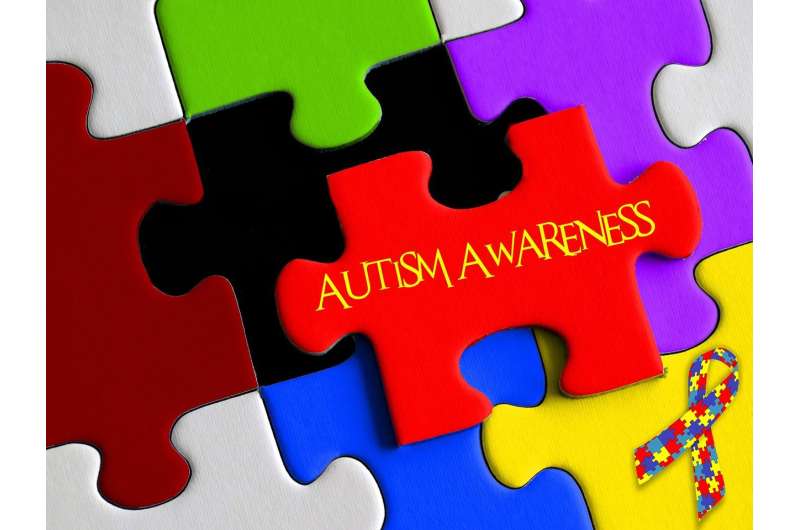Increasing Use of Talk Therapy Reduces Dependence on Psychiatric Medications

Recent research shows a growing reliance on talk therapy and a decline in psychiatric medication use among Americans seeking mental health care, highlighting a shift towards more holistic treatment approaches.
A recent study highlights a significant shift in mental health treatment approaches among Americans, with a growing emphasis on talk therapy and a decline in the reliance on psychiatric medications. The research, published in the American Journal of Psychiatry in early May 2025, reveals that psychotherapy is playing an increasingly prominent role in outpatient mental health care, while medication-only treatments are becoming less common.
According to lead researcher Dr. Mark Olfson, a professor of epidemiology and psychiatry at Columbia University Mailman School of Public Health, this trend indicates a reversal of previous patterns where psychiatric drugs dominated mental health treatment. The study found that in 2021, 15% of Americans receiving outpatient mental health services relied solely on psychotherapy, up from less than 12% in 2018. Conversely, those relying only on medications decreased from 68% to 62%. These medications include antidepressants, antipsychotics, and medications for ADHD.
Interestingly, the role of psychiatrists in providing psychotherapy has diminished from 41% to 34% during this period. Meanwhile, non-physician providers such as social workers and counselors have taken on a larger role, with more therapy visits per patient on average. The study also notes that more patients are committed to ongoing therapy, with over 17% attending more than 20 sessions in 2021, compared to less than 14% in 2018. Additionally, the proportion of individuals discontinuing therapy after only one or two sessions has decreased from 34% to 28%, reflecting a greater willingness among Americans to pursue and stick with talk therapy.
This shift could be attributed to increased awareness of the effectiveness of psychotherapy and a preference for non-pharmacological interventions. The findings are based on analysis of data from four surveys involving nearly 18,000 participants who received mental health care. Overall, these developments suggest a positive movement toward more comprehensive and sustained mental health treatment, with talk therapy gaining ground over medication-centered approaches.
Stay Updated with Mia's Feed
Get the latest health & wellness insights delivered straight to your inbox.
Related Articles
Higher Depression and Anxiety Among LGBTQIA+ College Students in Conservative States, Study Finds
A national study reveals that LGBTQIA+ college students in conservative states face higher rates of depression, anxiety, and suicidal ideation, emphasizing the impact of political climate on mental health.
Experts Warn of Continued Preventable Deaths Among Autistic People Without Improved NHS Access
Research reveals systemic barriers in NHS mental health services for autistic adults, risking ongoing preventable deaths due to unmet needs and inadequate support during crises.
Importance of Yearly Mental Health Screenings for Children and Adolescents in the United States
The American Academy of Pediatrics recommends annual mental health screenings for children starting from 6 months old to identify and address issues early, aiming to curb the rising youth mental health crisis.



